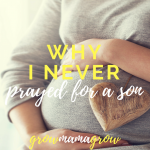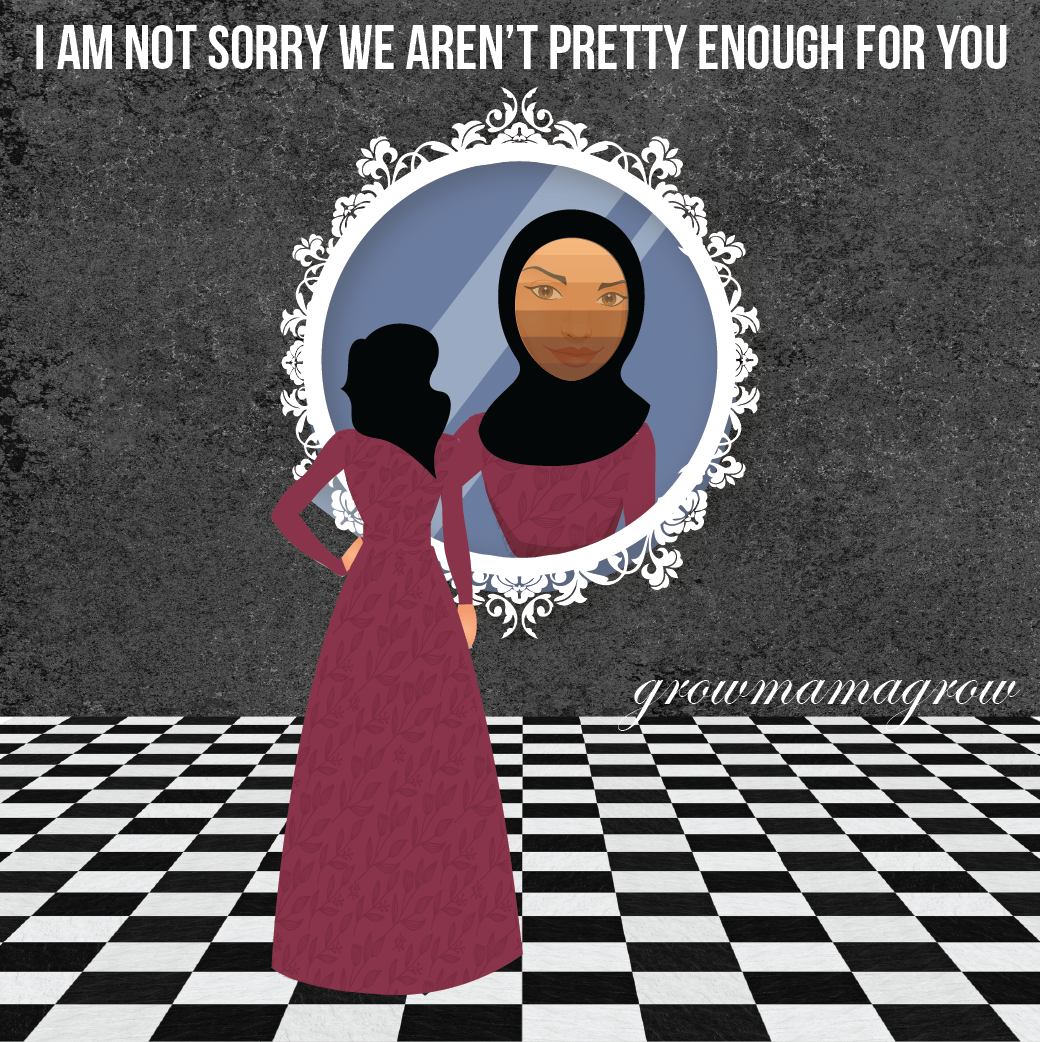My husband and I have been living in Jeddah, Saudi Arabia, for more than thirty years, alhamdulillah. We live in Safa District, in the northwest of this huge, sprawling city.
We used to go, for both Eids, to the large outdoor prayer area beside the Airplane Roundabout. It was too far to walk, so we always drove. I mean that we rode and my husband drove since women are not allowed to drive here. Now the Airplane Roundabout has been demolished to make way for an overpass. The place is called “The Former Roundabout Where There Used to be an Airplane.”
We then found a nice mosque, Masjid Bin Hamd, within walking distance of our apartment, and we’ve been going there for several years. The regular imam is not very good in giving khutbahs (sermons), and he often seems to be ill-prepared, but sometimes there is a guest imam, whose name I have forgotten but who is nicknamed “The Pilot.” This man is a retired Saudia Airlines pilot and recites the Qur’an beautifully and speaks wonderfully, masha’Allah.
He gave a khutbah a couple of years ago that was the talk of the town. Up until that year, I had never heard an imam address the men in the congregation and tell them to be kind to their wives, not ever. The usual khutbah given by most imams, in great detail, directs the women to cover themselves and to obey their husbands and to behave properly, but there is never a word about how the husbands should behave toward their wives or how the men should behave in general. So we continue going to this mosque in the hope that The Pilot will be the imam again.
Our previous landlord, a Saudi, never went to Eid prayers and neither did any of his three sons, although we did see his wife and her driver going to the prayer. In general, though, there are a lot more men at Eid prayers than there are women, with women making up less than a quarter of the congregation. Going to the prayers, one can see thousands and thousands of men walking toward different mosques. These are mostly foreign workers without cars and without their families here. If their residence permits list them as “workers,” they are not allowed to have their wives and children here, so they are alone on Eids, too, except for their friends here.
Bin Hamd Mosque has a large outside courtyard and a very large empty lot next to it. The empty lot is carpeted for Eid prayers, and that’s where the men pray. The mosque itself and its courtyard are for women. Especially for Eid prayers, the courtyard has a cloth wall, about eight feet high, around its entire perimeter. This is so that the women can remove their face veils in privacy from the men.
There are carpets spread over the courtyard, too, at least most of it. The latecomers pray on bare cement unless they’ve brought their own prayer rugs. We always arrive plenty early, so I sit there and watch the children running around and playing, all dressed in their best clothes. The women sit and talk and talk until the prayer begins. Then, as soon as the prayer ends and the khutbah begins, many women leave, and the ones who stay resume talking. The talking goes on and on and on. I’ve often thought of getting up and going out into the street so that I could listen to the imam in peace, but I haven’t done that yet for fear that the men will compel me to go back inside, and so I sit and try to tune out the commotion.
While we’re sitting and waiting for the prayer to begin, after the sun has risen a bit on the horizon (we have to wait so that it won’t appear that we’re praying to the sun), many women bring around dishes and baskets of candies. The children usually behave quite well and are not afraid to stray far from their mothers. I once saw a mother tell her three children to hold hands, and I was really amused when they formed, not a line of three, but a circle, with each child holding the hands of the other two! They had quite a time trying to walk anywhere.
When the second khutbah, the short one, ends and the remaining people get up to leave, I always wait for a smile or greeting from those near me, but I’m sorry to say that this has happened only one time in all the years we’ve been here. I don’t understand why. Are they too occupied with themselves and their friends? I feel sad now just thinking of it. And now I understand very well why a smile is an act of charity.
We return home by a different route than we had taken to get to the mosque, as this is a Sunnah. By the time we get home, we’re starving for our breakfast. We sit down and have our traditional, for us, Eid breakfast of beans and bread. Delicious! Then it’s time for a nap before guests might start arriving. And that’s a whole new story.
Susan Akyurt
Susan Akyurt is an American sister, mother, grandmother, and writer, from Jeddah, Saudi Arabia.











